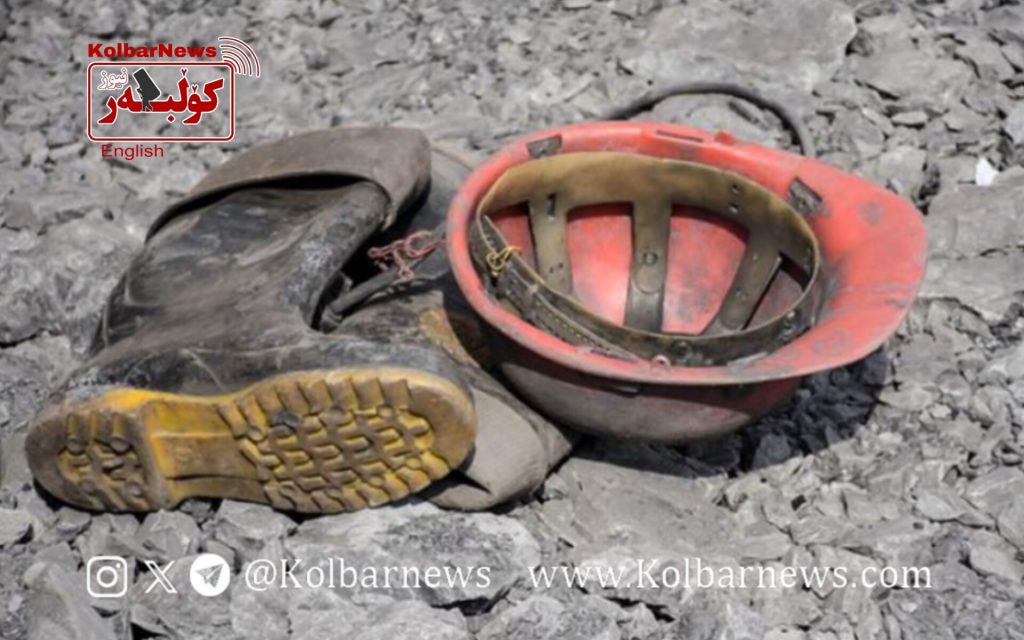
According to Kolbarnews, seven female singers in the city of Behbahan were summoned and interrogated by the IRGC Intelligence and Basij forces of the region on Wednesday, April 16th. After being questioned by agents unfamiliar with the world of music, they were told to cease all artistic activities. The women summoned Elahe Ahadi, Mahsan Ehtesami, Negine Mansourinejad, Azardokht Taherpour, Ramesh Seyed, Mojdeh Nasiri, and Zolfa Jamashiani were asked to sign a pledge not to sing solo, play instruments, or share artistic content on social media.
On the very same day, 161 singers, artists, civil activists, and organizations including 19 from inside Iran issued a joint statement titled: “Women’s Voices, the Echo of Freedom.” In a remarkably brave move, they called the Islamic Republic a regime that crushes freedom and oppresses women, fearful of the sound of women’s voices. They wrote: “For decades, women have been deprived by the Islamic regime of their most basic human right: singing and freely participating in music.”
The statement continues:
“But like all forms of repression, this prohibition has been met with resistance and resilience. Iranian women have not remained silent. Instead, they’ve turned their voices into instruments of protest and a means to achieve freedom and equality. Since the state murder of Jina Amini and the start of the ‘Women, Life, Freedom’ revolution, female singers have emerged from the shadows. In universities, streets, subways, public spaces, and across social media, they have inscribed the sound of resistance louder than ever in the history of struggle.”
In the final section of the statement, the signatories declare: “The repression of women’s singing is a crime against art and freedom of expression, a violation of human rights, and an act of overt violence against women. We strongly condemn the government’s attempt to silence women’s voices and fully support all female singers.”
They also call on all activists in resistance and social movements, freedom-seekers inside and outside Iran, writers, artists, and journalists “to support women’s singing and their fight for the freedom to sing. Just as the struggle against compulsory hijab reshaped the image of Iranian women and indeed Iran in the world, the liberation of women’s voices must also become a global movement.”
Since coming to power in February 1979, the Islamic Republic immediately banned solo singing and public performance by female musicians in front of men. With increasing authority, this restriction was formalized into law, and the Ministry of Culture began summoning female artists and officially banning music based on religious grounds. Some female artists were even arrested. As a result of this regressive policy, nearly all well-known female artists either left Iran or were silenced. For 46 years, the misogynistic regime has tried to stifle the growth of music and suppress female singers and musicians. While these restrictions have also targeted male musicians in some cases, many artists especially female singers refused to submit. They stayed in the country, trained other women in music and singing, and organized underground concerts.
Globally, women with beautiful voices and musical talent have also faced obstacles due to patriarchal traditions. That’s why music has always been a battleground in the fight against patriarchy. This struggle led to the establishment of International Women’s Music Day on March 28, 2008, adding it to the global calendar of causes. Since then, female and male musicians who believe in freedom have worked to eliminate these restrictions especially for women. In a country like Iran under the Islamic regime, this battle has been even deeper, intensifying particularly during and after the Jina uprising. Free-spirited women and men placed music in the service of revolutionary, freedom-seeking, anti-regime movements and paid a price for it.
Artists like Toomaj Salehi, Mehdi Yarrahi, Shervin Hajipour, Emad Ghavidel, Mahmoud Mirzaei, and Saman Yasin (Sayidi) bravely supported the Jina revolutionary uprising and freedom of clothing. As a result, they were imprisoned for a time. The Islamic regime even tried to execute Toomaj as a warning to other freedom-loving artists, but massive protests inside and outside Iran stopped them.
Certain female singers took advantage of the new environment to reclaim their trampled rights. One such example is the bold and talented Parastoo Ahmadi, who performed solo and unveiled in the “Caravanserai Concert” on December 11, 2024. She sang the iconic piece “Mara Beboos” alongside Ehsan Birkadar, Soheil Faghih Nasiri, Amin Taheri, and Amirali Pirnia. This young artist had also performed “Az Khoon-e Javanan-e Vatan” during the 2022 nationwide protests, which garnered massive public support. As a result, she was summoned by security forces in October 2023, and a case was filed against her.
Today, the Islamic Republic has ramped up repression including that of female artists at home in an attempt to mask its humiliating surrender to American imperialism. But even in this, it has failed. These days, the voices of women the echo of freedom are louder and stronger than ever.

